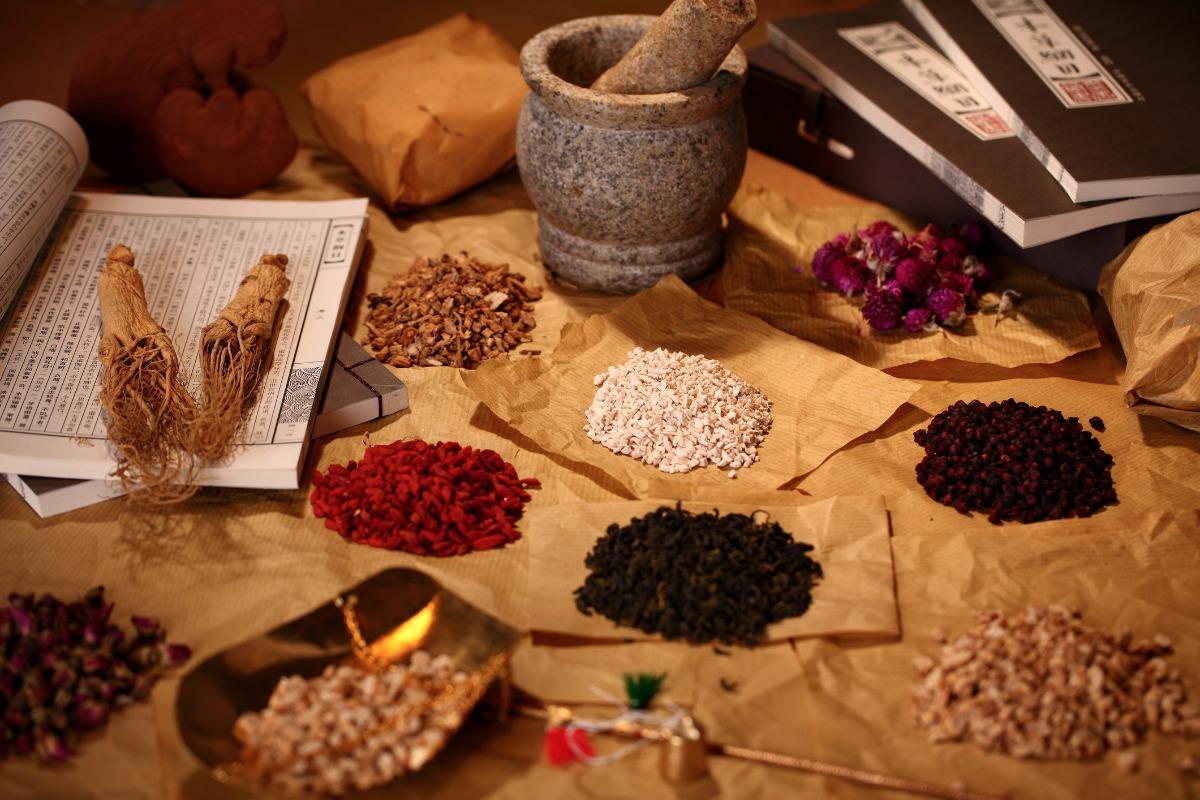
Herbs are all natural, having none of the harsh side effects associated with prescriptions meds. Could this be a better way to medicate?
In a previous post, we introduced our Acupuncturist, Denise DuRoss, and described how her methods are complimentary to the modes of therapy we already use at In8Love Chiropractic. Today, Denise is back to talk about Chinese herbology, and how it just might end your need for pricey prescription meds and their slew of undesirable side effects.
Herbology, sometimes called herbalism, is the study of botany and the use of plants for medical purposes. It’s one of the five branches of Traditional Chinese Medicine, also known as TCM. The practice of herbology is quite similar to the use of pharmaceuticals; the difference lies in the fact that the substance prescribed is created entirely out of plant-, animal-, and mineral-based ingredients. Dating back to 2,000 years ago, TCM is the most sophisticated and widely researched herbal medicine.
At its core, this type of medicine is based in Taoism. The ancients believed in their ability to observe and understand the natural world, and that health and disease were subject to the principles of natural order. It followed that the practice of medicine should be based on these principles.
This gave birth to the idea that when a person ingests the energy of another living thing, he or she absorbs the traits of that food source. So, for example, a tiger is strong, fast and cunning; by boiling his femur into a decoction (a strong tea that must be simmered for an hour or more) that you then drink, you might improve your immune function, have more energy, and experience less brain fog. This is not unlike the rationale behind drinking bone broth—a health trend we highly endorse and that you can read more about here.
Because it was historically based on experimentation and observation of results, TCM has long been considered empirical knowledge. Nowadays, however, scholars, medical doctors, and government bodies are using the scientific method to analyze its efficacy within the Western medical paradigm, and we are seeing its use in more and more Western medical texts and reference guides.
Essentially, Chinese herbal formulas provide nutrition our bodies are deficient in—using only whole foods and natural substances, and never synthetic chemicals. Instead, a practitioner might prescribe yam for stomachaches or turmeric for inflammation. Adverse reactions are rare and typically happen before too much of the herb is consumed, rendering them less severe than reactions to prescription pills.
But the true benefit of herbal remedies is that you’re using the entire plant to medicate, so the effects are naturally paced in your system. Compared to pharmaceutical morphine—in which the active ingredient in poppies is chemically duplicated for potency—herbs work slowly, so there’s no danger of overdose. In fact, the positive effects of herbs only grow as they build up in your system, whereas a build up of pharmaceuticals can lead to all sorts of undesirable outcomes. You’ve seen those scary commercials: Suicidal thoughts? Inexplicable weight gain? Chemical dependency? Not with herbs!
So what should you expect if you decide to give herbal remedies a try? Treatment begins with a consultation to ensure there won’t be any negative interactions, and to assess whether the patient is vegan or vegetarian. Then I advise how and when to take the herbs, and address whether they will come as a tea, a powder, or a pill.
At that point I will prescribe either a patent or a custom formula. Patients can rest easy, since the herbal formulas I use are pharmaceutical grade and undergo the same safety certification requirements as prescription drugs. The patent formulas are composed of six to ten herbs that remedy a particular set of symptoms, from PMS to insomnia. Custom formulas match the herbs to the individual patient and can address multiple issues across a spectrum, potentially eliminating the need to take several medications at once. I have seen the positive effects herbs can have on my patient’s lives, and I look forward to sharing their success stories with you!
To learn more and have all your questions answered, be sure to attend our Acupuncture and Herbology talk on September 25th at 6:30pm. Seating is limited, so call the office at (310) 477-3335 and reserve your spot today.
